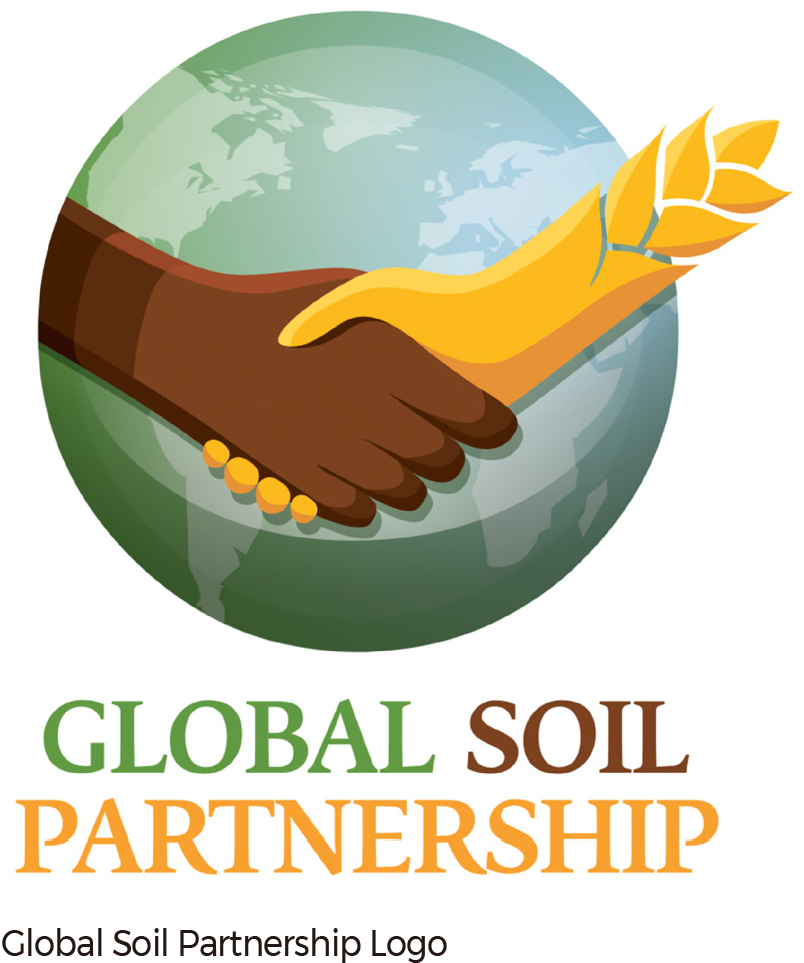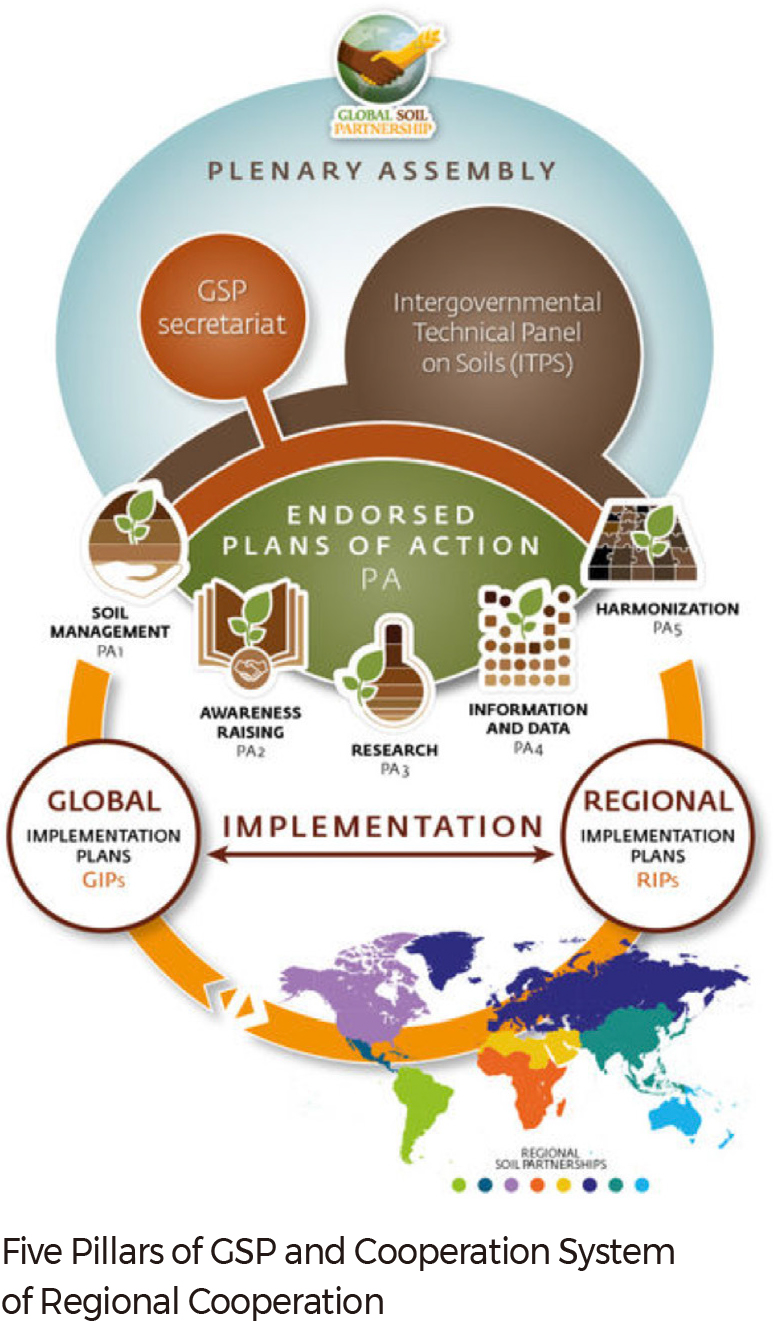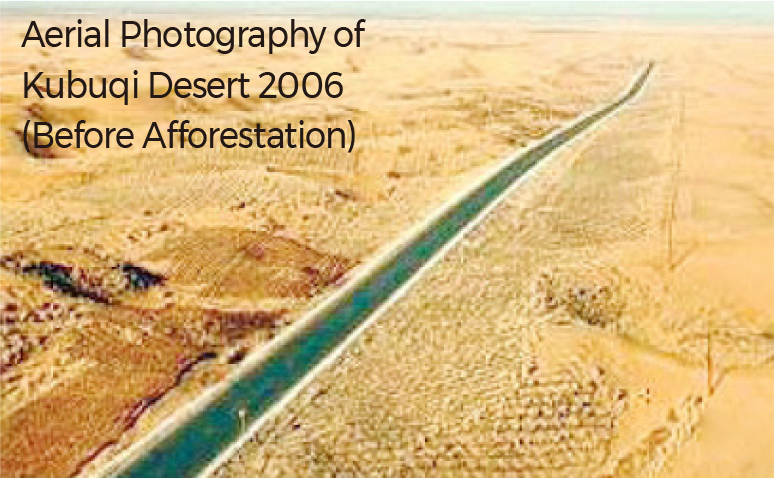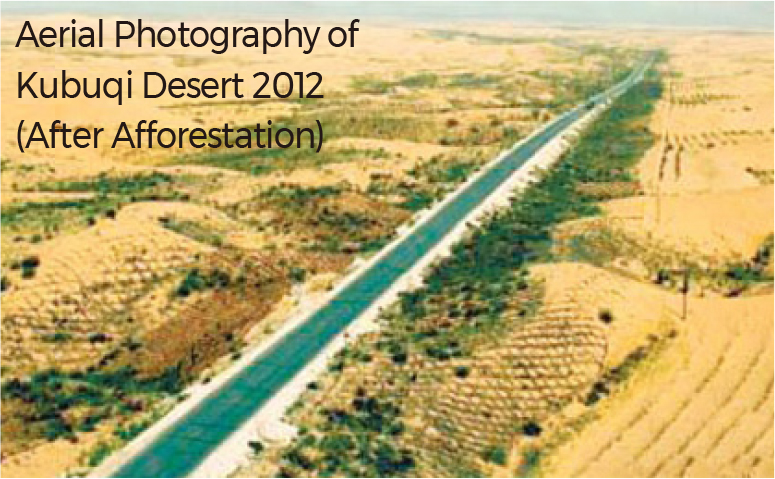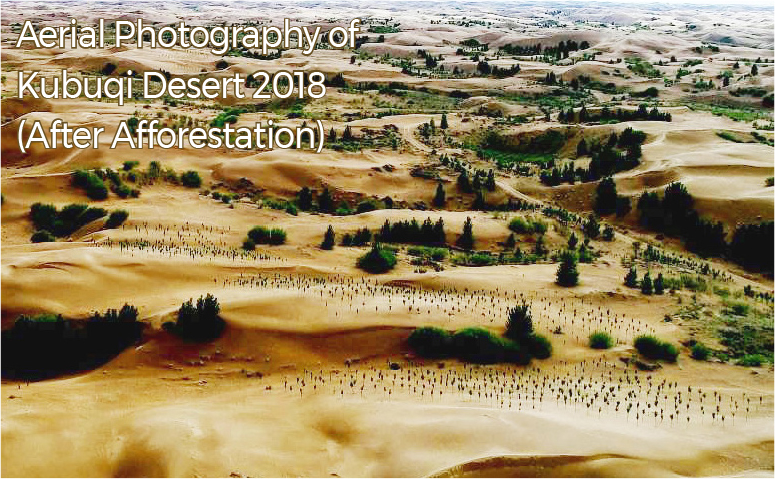English II 2020
Food and Agriculture Organization Global Soil Partnership Soils provide various ecosystem services essential to human life and account for 95% of world food production. In recent times, the Korean soil has been threatened by nutrient imbalances, erosion, and soil shielding due to urbanization. In December 2012, the United Nations established the Food and Agriculture Organization Global Soil Partnership (FAOGSP) to promote sustainable soil management, improve soil governance to guarantee healthy and productive soils, and support the provision of essential ecosystem services towards food security and improved nutrition, climate change adaptation and mitigation, and sustainable development. FAOGSP establishes five pillars and promotes various activities to perform its mission effectively. Korea, along with 196 other national governments, non-governmental organizations (NGOs), farmers' associations, and international organizations, currently participates in the FAOGSP. It divides the world into eight regions and operates Regional Soil Partnerships. Twenty-four Asian countries, including Korea, Japan, and China, participate in the ASIAN Soil Partnership (ASP).
Hosting UNCCD COP10 As desertification and land degradation spread globally, the United Nations declared the UN Decade for Deserts and the Fight against Desertification (UNDDD) to be carried out from 2010 to 2020 to establish strategic measures to counter the problems. As a leading country that has overcome heavy land degradation and successfully achieved reforestation, Korea serves as a pioneering example in the global movement against desertification. Joined by 137 country representatives and personnel from international organizations and NGOs, the Tenth Session of the Conference of the Parties to the United Nations Convention to Combat Desertification (UNCCD COP 10) was held in the Changwon Convention Center in October 2011. Korea hosted a UNCCD session in Asia for the first time. More than 3,000 participants representing governments and international and non-governmental organizations (NGOs) attended.
The Changwon Initiative was adopted during high-level talks. The initiative appealed greatly to participants with its main points: 1. Agreement on long-term perspectives of the UNCCD and establishment of a scientific foundation; 2. Building partnerships to mitigate desertification and land devastation effectively; 3. Increased mobilization of resources that includes the private sector; 4. The establishment of the Land for Life Award to encourage sustainable land management.
As a host country of the UNCCD COP10 held in Changwon in 2011, Korea consistently contributes to the movement against desertification in Asia and the rest of the world. Taking into consideration that both desertification and land devastation cause a serious setback to poverty eradication in developing countries, Korea aims to build a foundation for its independent pursuit of sustainable development by running various cooperative projects.
Afforestation Project to Prevent Desertification in China Each spring, Korea suffers a great deal of damage caused by yellow dust from the drylands of northern China. Various afforestation projects are being carried out in inland China to counteract the source of the issue. In particular, the Kubuqi Desert in Inner Mongolia, China has an ongoing project that is held alongside cultural festivals to solidify environmentally cooperative relations between the two countries and foster friendships among youth. The Afforestation Project to Prevent Desertification in China, which started in 2007, planted approximately 4.77 million poplars and desert willow by 2019. The Korean Forest Service provides financial support. The Korea Forestry Promotion Institute, the Communist Youth League of China, and the Dalate Qi local government of Inner Mongolia are jointly participating. This project will be promoted by 2021, and Korea-China forest cooperation will be continuously promoted through joint research between Korea and China and the discovery of new cooperative projects.
Greening Drylands Partnership As part of the Changwon Initiative, the Greening Drylands Partnership promotes a series of sustainable land management projects to counter environmental issues in arid regions, such as desertification and drought, by utilizing networks to transfer knowledge and know-how from international organizations to developing countries. In particular, this partnership recognizes that Korea's experience in successful reforestation and afforestation projects may contribute to the economic prosperity of developing countries and decrease devastated land areas in African regions.
The partnership's first project (2012–2013) was carried out in Ghana, Morocco, and Tunisia. The second project (2013–2014) was carried out in Peru, Ecuador, Benin, and Ethiopia. The third project (2015–2016) focused on Kazakhstan, Kyrgyzstan, and Tajikistan. The fourth project (2015–present) focused on Mongolia, the fifth project (2017–present) focused on Armenia and Belarus, and the sixth project (2018-present), in progress, focuses on Niger, Togo, and Burkina Faso.
Mongolian Greenbelt Afforestation Project Acknowledging an agreement from the Korea-Mongolia summit in 2006, the Korean Forest Service launched a large-scale afforestation project and established a plantation area of about 3,046 ha in Lun Soum and Dalanzadgad Soum in Mongolia from 2007 to 2016. During this period, Siberian elm and Sea Buckthorn, which are resistant to the arid climate, and Saxaul, a native tree of the Gobi Desert, were planted. The trees planted at the beginning of the project grow to about 4–6 m and become a forest. The Korean Forest Service started to transfer the plantation areas to the Mongolian government. In 2019, 824 ha of plantation area were transferred. In addition, the Korean Forest Service plans to create an urban forest in Ulaanbaatar by 2021. This urban forest will provide a shelter for urban residents in Ulaanbaatar who are suffering from severe pollution.
The Mongolian Greenbelt Afforestation Project reduces the source of yellow dust by planting trees in the desert, informs the Mongolian people of the importance of preventing desertification, and encourages them to participate in global environmental issues. At the same time, Korea contributes to international environmental protection by actively participating in the prevention of desertification. |


